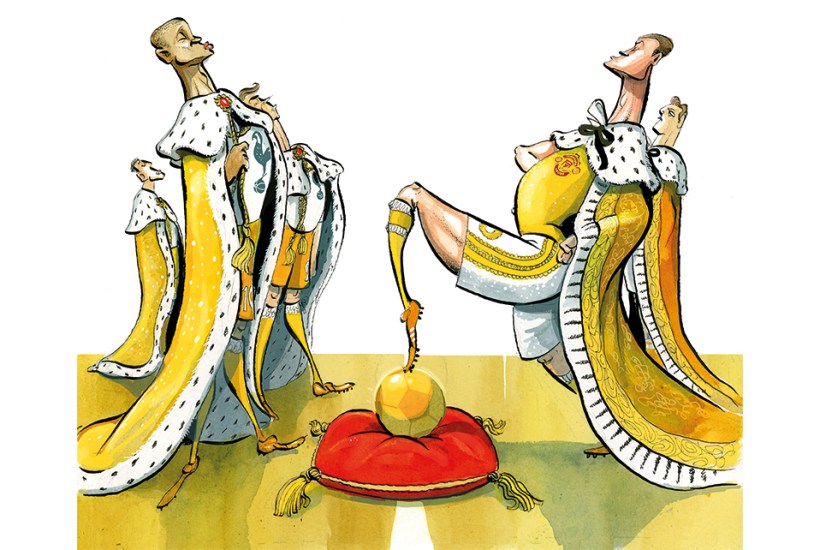Unlike David Cameron – who famously got in a muddle about which team he supported – Rishi Sunak is a genuine football fan. But this makes the government’s latest wheeze of introducing a football regulator hard to take. Sunak says the outfit will help to prevent the ‘financial mismanagement’ of ‘unscrupulous owners’.
Already a subscriber? Log in
Subscribe for just $2 a week
Try a month of The Spectator Australia absolutely free and without commitment. Not only that but – if you choose to continue – you’ll pay just $2 a week for your first year.
- Unlimited access to spectator.com.au and app
- The weekly edition on the Spectator Australia app
- Spectator podcasts and newsletters
- Full access to spectator.co.uk
Or




















Comments
Don't miss out
Join the conversation with other Spectator Australia readers. Subscribe to leave a comment.
SUBSCRIBEAlready a subscriber? Log in